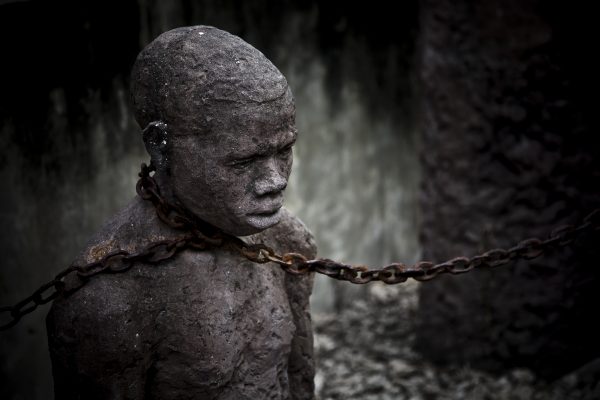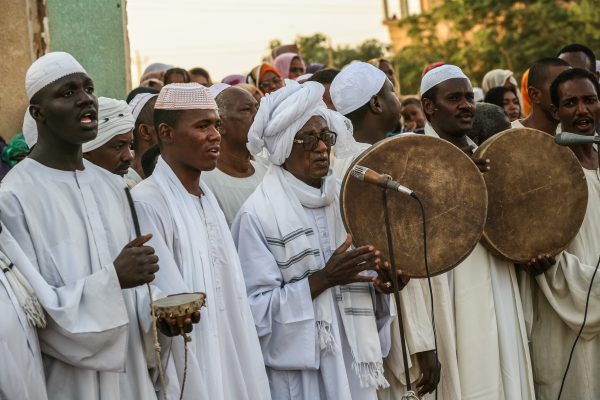Since the fighting that began on the 15th of April 2023, it is estimated that at least 2.9 million people have been displaced and driven from their homes, with at least 700,000 forced to flee to neighboring countries.
Since the fighting that began on the 15th of April 2023, it is estimated that at least 2.9 million people have been displaced and driven from their homes, with at least 700,000 forced to flee to neighboring countries.
As diplomatic efforts for a lasting peace deal and ceasefire prove ineffective, the UN has now warned of a “full-scale civil war” in Sudan as more than 2.9 million people continue to be displaced due to fighting.
The fighting between Sudan’s army and the Rapid Support Forces (RSF) paramilitary continues, with clashes happening just on Sunday in the south of the capital Khartoum. And according to Sudan’s health minister, strikes by fighter jets on Saturday killed at least 22 people in Omdurman. Both the army and the RSF have denied responsibility, and have blamed the other side for the casualties.
The army has used air strikes and heavy artillery to put pressure on RSF troops – spread across Khartoum, Omdurman, and Khartoum North, which are the three cities most heavily affected by the fighting.
Other areas of Sudan like the western region of Darfur, however, have also seen heavy violence – residents claim that militias from Arab tribes along with the RSF have specifically targeted civilians on an ethnic basis.
Since the fighting that began on the 15th of April 2023, it is estimated that at least 2.9 million people have been displaced and driven from their homes, with at least 700,000 forced to flee to neighboring countries.
Chad is one of those neighboring countries that has seen a huge influx of Sudanese refugees, with “cases of malnutrition on the rise in camps in eastern Chad and other parts of Chad where Sudanese refugees have moved to”.
The UNHCR has reported that at least 36,423 Sudanese refugees have been relocated to seven existing camps in Chad along the border, but are preparing for as many as 245,000 more refugees by the end of the year due to the continued fighting.
UN Secretary-General Antonio Guterres issued a statement condemning the continued violence in Sudan, claiming he remains “deeply concerned that the ongoing war between the armed forces has pushed Sudan to the brink of a full-scale civil war, potentially destabilizing the entire region”.
Egypt has responded to the crisis by hosting a summit on July 13th to discuss ways to end the conflict in Sudan, aiming to “develop effective mechanisms” with neighboring states to settle the conflict in Sudan peacefully.
Egypt, widely seen as the Sudanese army’s most important foreign ally, and the United Arab Emirates, with its close ties to the RSF, have both not played a public role in ending the violence peacefully so far. Both Egypt and the United Arab Emirates were absent from the recent talks in Jeddah, hosted by the US and Saudi Arabia, that adjourned in June after failing to secure a ceasefire between the Sudanese army and the RSF.
In addition to the summit in Egypt, Sudanese delegations – which include representatives from civilian parties that shared power with the army and RSF after the overthrow of former President Omar al-Bashir four years ago – are expected to meet in Addis Ababa in Ethiopia for exploratory talks on a ceasefire.
It remains to be seen for how long both sides will decline any real movement toward a ceasefire or peace deal, as the Sudanese people continue to be displaced by the millions.





